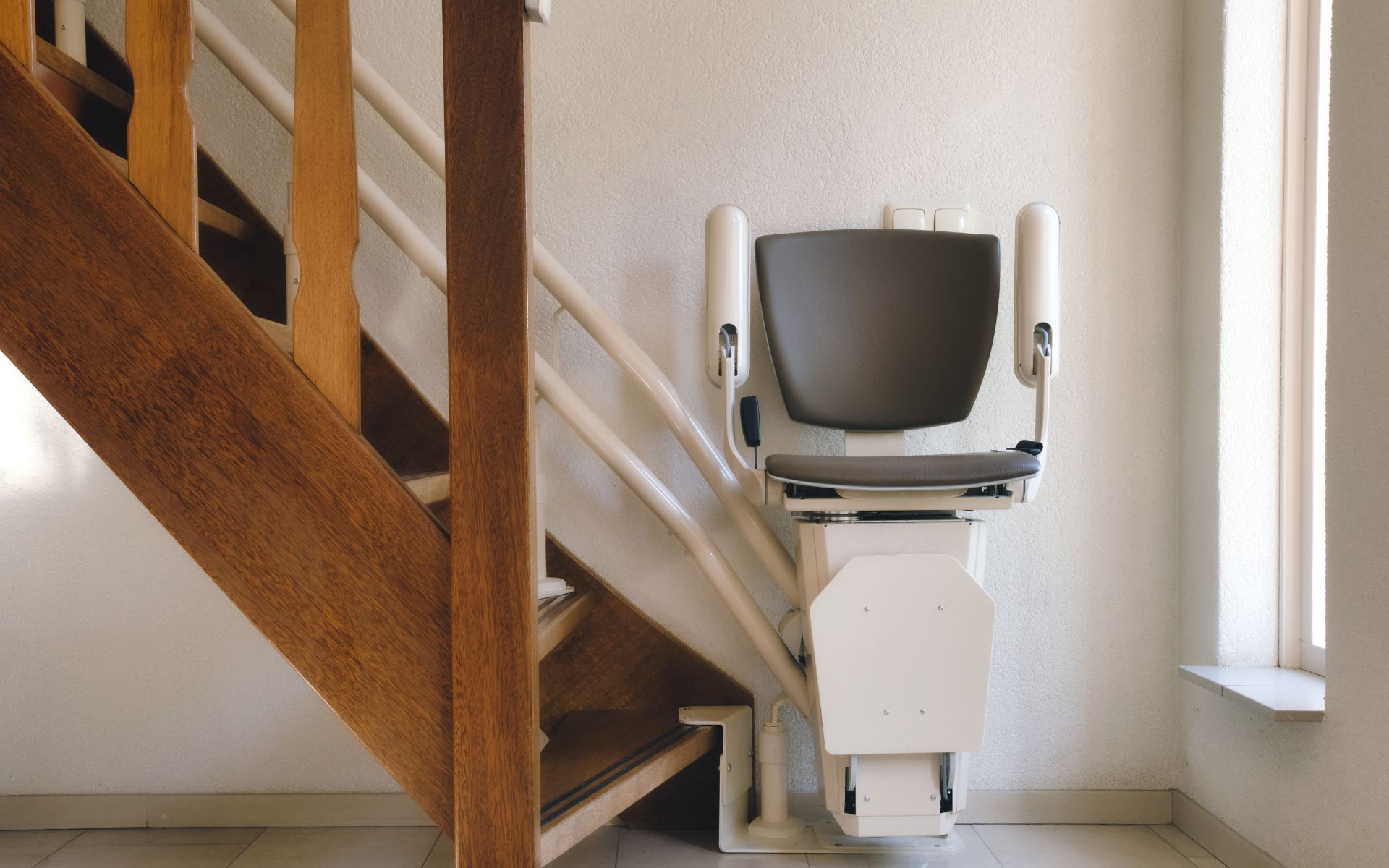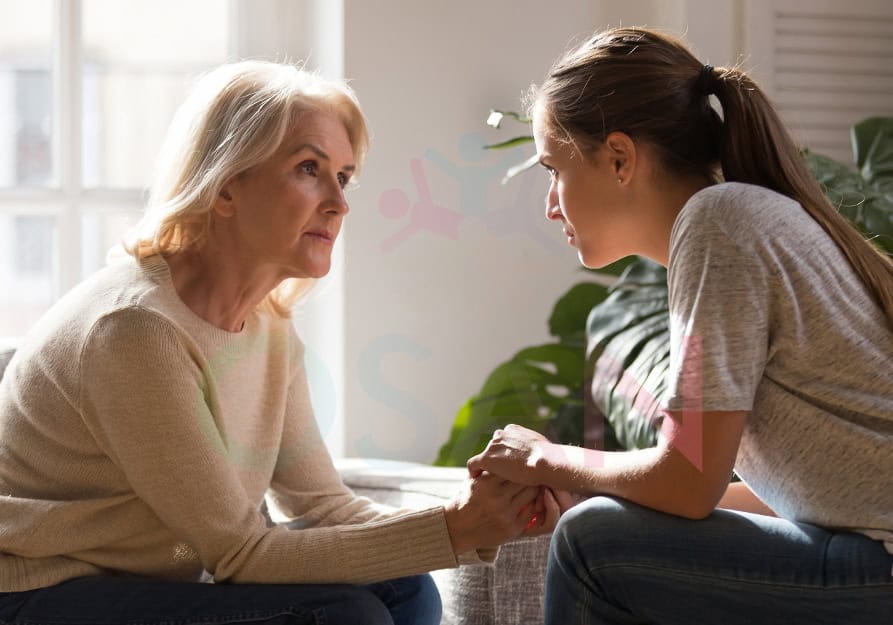The NDIS (National Disability Insurance Scheme) enables and finances people with disabilities to live independently and fully engage in their communities. Funded by the Australian government, individuals with serious and permanent disabilities are housed at SDA (Specialist Disability Accommodation). These residences encourage freedom, safety, and inclusion by fulfilling the needs of the residents.
Regarding safety, wheelchair ramps, hoists, and other mobility aids, as well as specialised bathrooms, kitchens, and bedrooms may be installed in SDA residences. Residents may also have security devices and alarms installed for their safety.
SDA houses can be communal or private. Individual homes are designed for a single person or family, whereas group homes are communal living areas for people with disabilities and their caretakers.
Benefits of Disability-Specific Provisions
SDA allows people with disabilities to live in specially-built homes. Here, there is a process of creating a scenario in which a person or a group of people work together. This helps people navigate the homes securely while ensuring their freedom, sense of normalcy, and sense of belonging.
SDA also offers security. Alarms and security systems can help to keep SDA residents safe. This can provide comfort to people with disabilities and their relatives.
SDA homes offer emotional and social assistance. Group homes allow people with disabilities to live with others who have similar needs, creating a sense of community. Individuals with few external social connections may profit from this.
Individuals with disabilities can live in a home that meets their needs, be safer and more secure, and live in a community with others with comparable needs thanks to SDA. These benefits can help people with disabilities live freely and participate in their communities.
The Process of Finding and Obtaining Specialist Disability Housing
It can be challenging for people with disabilities and their families to acquire Specialist Disability Accommodation (SDA). For one, shortages are an issue in the SDA. SDA housing is in short supply but in great demand. This makes it challenging for people with disabilities and their families to find suitable housing in a convenient location.
SDA is also expensive. Creating, altering, and renting SDA homes can be costly.
The Caregivers and Support Staff in SDAs
Caregivers and support staff provide a variety of services to residents with disabilities. They can help with dressing, sanitation, and personal hygiene, as well as more difficult duties like drug administration and medical care. They assist people with disabilities in maintaining family and community connections by providing emotional and social support.
Caregivers and support staff in group homes must ensure the residents’ protection, health, and happiness. They collaborate with nurses, occupational therapists, and social workers to provide patients with the best treatment.
Caregivers and support personnel in private homes can provide more individualised care to people with disabilities. This includes cooking, housekeeping, and laundry help, as well as companionship and emotional support. In collaboration with the resident’s family and other experts, they develop a personalised care plan.
SDA carers and support employees encourage independence in addition to giving direct care. They help residents develop new skills, self-confidence, and goals in life.
Conclusion
Simply put, SDA allows people with disabilities to live in a home that suits their needs, rather than a traditional home that may not be accessible or safe. This can improve their quality of life considerably and allow them to live independently and completely within their communities. This is also an effort to promote independence, safety, and social inclusion.
Are you looking for specialist disability housing in Sydney? OSAN ABILITY offers NDIS participants haven of safety, health, happiness, and freedom. Contact us today to learn more!










